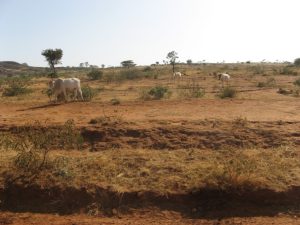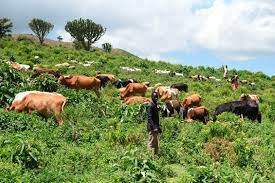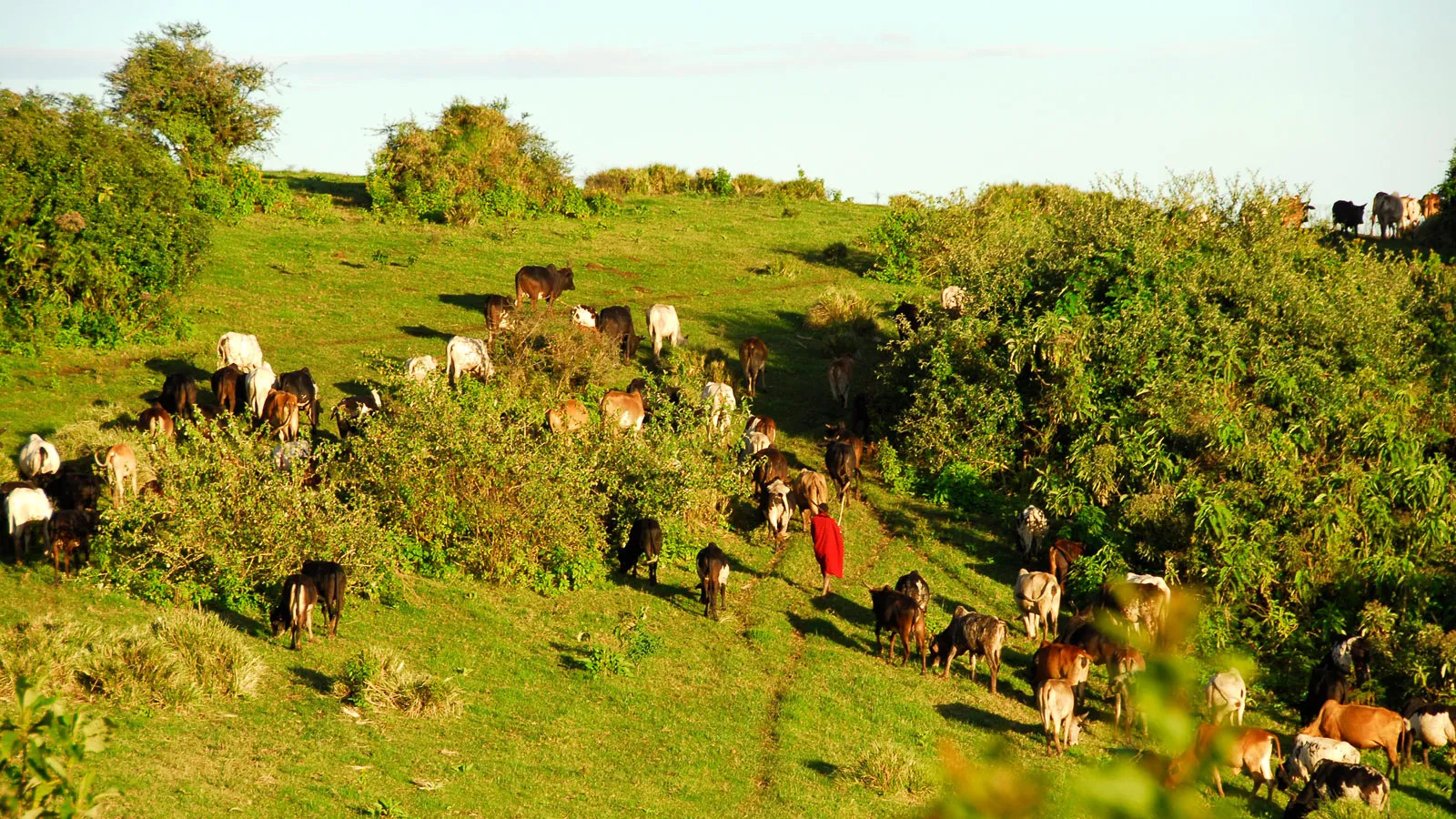Deferred grazing is a management strategy that involves resting certain areas of rangeland from livestock grazing for a specific period. This technique aims to improve rangeland productivity and health which allows vegetation to recover and regenerate. The effects of a deferred grazing system on rangeland productivity and health in Simanjiro District, Northern Tanzania, have been a subject of study. Deferred grazing management has been assessed for its impact on rangeland conditions using parameters like aboveground biomass, vegetation cover, and biodiversity.
 The study emphasizes the importance of distinguishing between resistance and recovery in rangeland ecosystems, as these factors play a crucial role in determining the overall health and productivity of the land. The researchers from the Department of Animal, Aquaculture and Range Sciences, Departments of Ecosystems and Conservation all from Sokoine University of Agriculture and The International Organization focused on improving Food Safety and Security, in in Delémont, Switzerland (CABI), investigate the impact of deferred grazing regimes on rangeland productivity and health in Simanjiro District, located in Northern Tanzania.
The study emphasizes the importance of distinguishing between resistance and recovery in rangeland ecosystems, as these factors play a crucial role in determining the overall health and productivity of the land. The researchers from the Department of Animal, Aquaculture and Range Sciences, Departments of Ecosystems and Conservation all from Sokoine University of Agriculture and The International Organization focused on improving Food Safety and Security, in in Delémont, Switzerland (CABI), investigate the impact of deferred grazing regimes on rangeland productivity and health in Simanjiro District, located in Northern Tanzania.
Deferred grazing, a management strategy involving the temporary exclusion of livestock from certain areas, has gained attention for its potential to enhance rangeland conditions. Through a comprehensive case study approach, this research assesses the ecological and socioeconomic implications of implementing deferred grazing practices in the region.
Data collection methods include field surveys, vegetation assessments, livestock monitoring, and interviews with local stakeholders. Findings aim to provide insights into the effectiveness of deferred grazing as a sustainable rangeland management strategy and inform future conservation efforts in similar contexts.
The research highlights that sustainable management schemes, such as responsible community management, can potentially reduce degradation and enhance the recovery potential of rangelands in the region, particularly in Community Conservation and Rangelands Organizations (CCROs).
 Indigenous knowledge and local practices, including pastoral mobility and deferred grazing systems, are integral to maintaining the delicate balance of rangeland ecosystems in Tanzania, with Maasai elders playing a central role in assessing range suitability for grazing animals. These findings underscore the significance of sustainable land management practices and the preservation of indigenous knowledge in ensuring the long-term health and productivity of rangelands in Northern Tanzania.
Indigenous knowledge and local practices, including pastoral mobility and deferred grazing systems, are integral to maintaining the delicate balance of rangeland ecosystems in Tanzania, with Maasai elders playing a central role in assessing range suitability for grazing animals. These findings underscore the significance of sustainable land management practices and the preservation of indigenous knowledge in ensuring the long-term health and productivity of rangelands in Northern Tanzania.
Deferred grazing can be an effective management strategy for improving rangeland productivity and health, promoting biodiversity conservation, and enhancing ecosystem services. The success of deferred grazing depends on various factors such as the timing, duration, and intensity of grazing rest periods, as well as the specific ecological conditions and management goals of the rangeland system.
Koka, E.G., Chitiki, A.K., Selemani, I.S., Schaffner, U. and Kilawe, C.J. (2024). Effects of Deferred Grazing Regime on Rangeland Productivity and Health: A Case Study of Simanjiro District in Northern Tanzania. Rangeland Ecology and Management 94 (2024) 119–126. https://doi.org/10.1016/j.rama.2024.02.004
The Department of Animal, Aquaculture, and Range Sciences
The College of Agriculture, Sokoine University of Agriculture
Share this page

